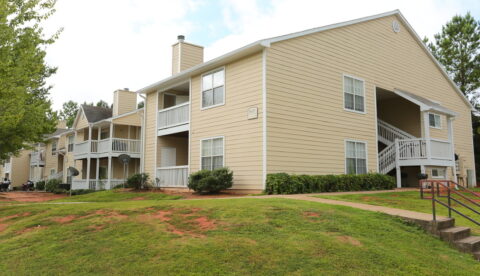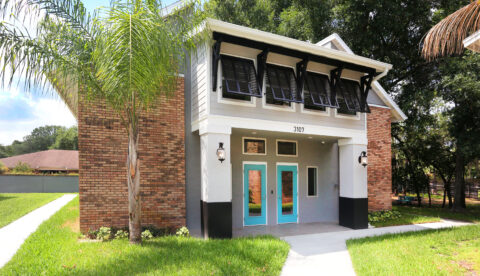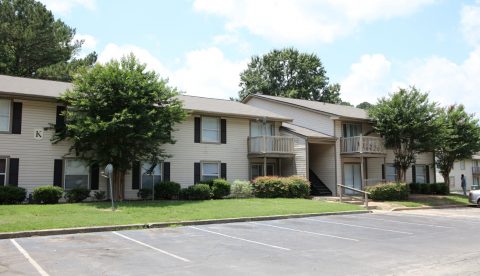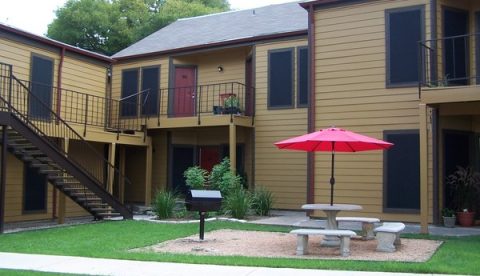FBI, DOJ Crackdown On Real Estate Software Companies

After the recent lawsuits against the National Association of Realtors (NAR), the government seems to have big real estate tech companies in their sights.
Under pressure to address the lack of affordable housing in America, and perhaps to drum up more finances, the Department Of Justice seems to have turned its eyes on the monopolization of the US housing market, and high rents.
What’s Happening?
Among the most notable new investigations is the one into RealPage. A move that comes after a large private equity firm put $10B into the company a few years ago and has fueled its rapid growth.
The accusation is that RealPage has engaged in price fixing of residential rents through its software and websites. Specifically, setting expectations of what renters should be paying for housing.
This news comes on the heels of a Senate bill introduced in January called Preventing The Algorithmic Facilitation of Rental Housing Cartels Act of 2024.
What’s Not Happening?
Interestingly, what we are not seeing is a crackdown on Zillow, or manipulation of residential home prices. Especially during a time where average home prices seem to be setting new records, yet, conflicting data suggests undersupply or a strong economy may not necessarily be the issue.
Apart from the recent record setting arrests in NYC, we also don’t appear to be seeing a crackdown on government subsidized housing programs. Those like Section 8, which often pay landlords well above market value rents.
What Will The Outcome Be?
If we look at recent cases against NAR, or those against big banks like Wells Fargo in the wake of 2008, the assumption would probably be that aside from some big settlements, there won’t be much systemic and tangible change.
NAR hasn’t gone away, the banks still exist, and real estate commissions haven’t been squashed yet.
For those investing capital, and especially supersized private equity firms, they may be more cautious about investing in AI, algorithms, and real estate software firms as a proxy substitute for investing in physical property.
This could certainly be true for those relying on firms pulling off big M&A, LBO, or SPAC type deals that rely on questionable gas pedal to the floor at all costs strategies.
Looking forward, a variety of converging dynamics suggest that investing in quality affordable housing, doing the right thing, and thinking long term versus pump and dump is probably the best way to invest capital without the risk of falling as these companies catch the wrong attention from regulators.




























